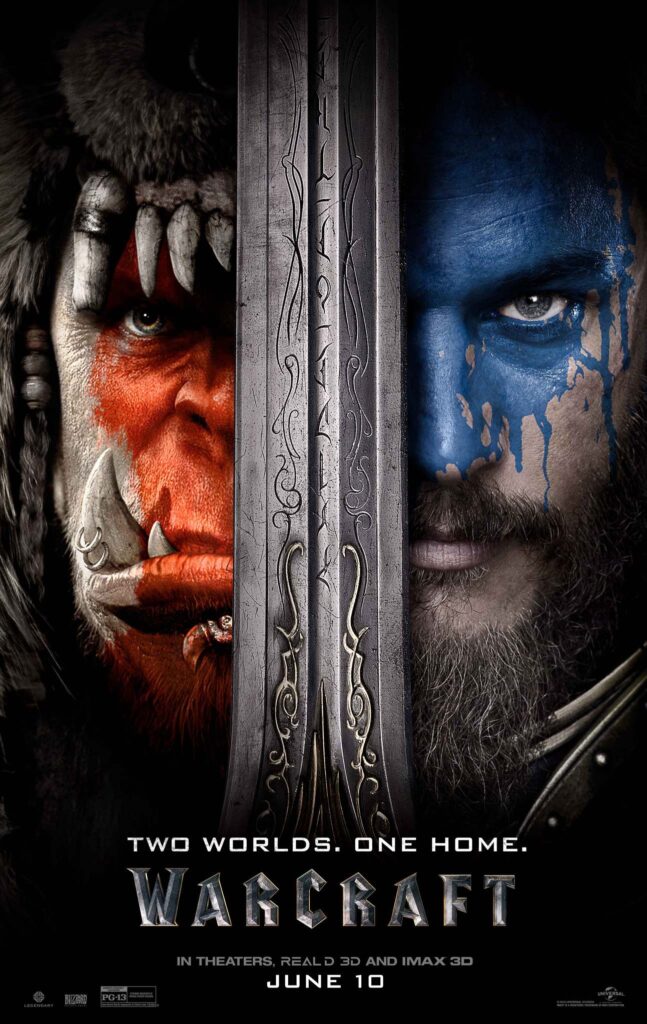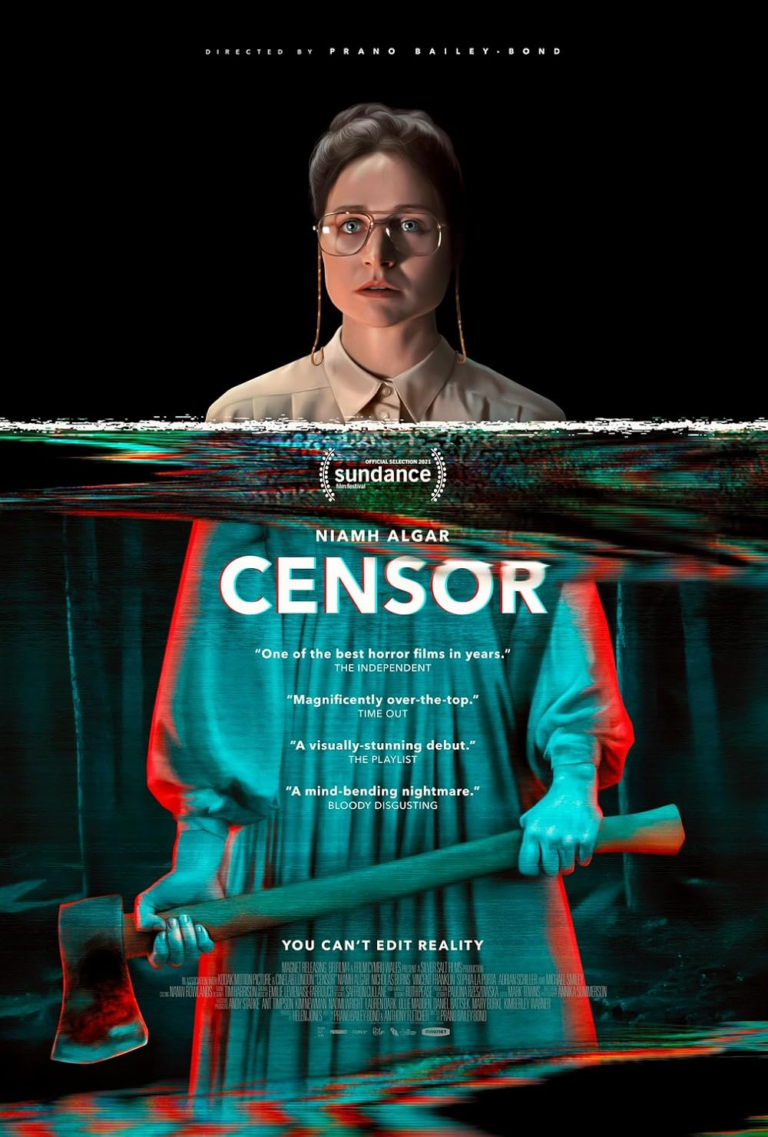Warcraft Christian Review

Sitting down to watch “Warcraft” for the first time, I really wasn’t sure what to expect. Fantasy films often walk a very fine line for Christians. On one hand, imaginative storytelling; on the other, themes that may either resonate with or conflict with biblical principles. As I plunged headfirst into the world of Azeroth, filled with orcs, humans, and magic portals, the themes and characters presented in the film began wrestling with me.
Themes of Light and Darkness
“Warcraft” ultimately is an immortal struggle of light versus darkness. And after the orcs had been exiled from their dying world by the corrupting power of Fel magic, they fled to Azeroth. The movie culminates with a powerful warlock, Gul’dan, leading the orcs in bringing that very force, which threatens to consume both their new home and their souls. This dark magic, sustained by life itself, strikes a chord familiar from biblical warnings about the dangers of power sought through forbidden means.
The opponents are the humans of Azeroth, led by their king, Llane, with the noble Anduin Lothar at the head. It is not merely for survival but for the preservation of their world and values. Their struggle thus echoes biblical stories of great and righteous rulers who defended their people against all odds, exemplifying sacrificial love and courageous leadership.

Characters’ Journeys of Faith and Redemption
With this in mind, one of the many strengths of this film is to portray the character development in the midst of war. There is the chieftain of the Frostwolf clan, Durotan, pulled apart by conflicting loyalties: his people against the growing conviction that Gul’dan’s path leads to ruin for all. His journey mirrors the struggle many Christians face: balancing loyalty to one’s heritage and culture with a greater call to righteousness and justice.
The humanity of orcs is developed by Durotan’s relationship with Orgrim Doomhammer and, more so, his deep love for his family—more specifically, his newborn son Go’El. It is through his decisions that we witness themes of compassion, honor, and sacrificial love—virtues that deeply reverberate within the Christian tradition.
On the other side, there is Medivh, Guardian of Tirisfal, who is definitely torn from the inside by his inner self in the struggle against demonic possession. His fall and his further struggle for redemption raise questions naturally connected with deeper issues—free will, evil as such, and one’s choices. For Christians, Medivh is a tale about where darkness may finally lead when letting it in, even for noble purposes.
Allegory and Reflection
Although “Warcraft” is a fantasy, it weaves allegorical threads that invite reflection and introspection. Orcs versus humans mirrors real-world struggles for power, resources, and survival. Beneath the surface, it holds deeper themes on the unity of disparate peoples, the pursuit of peace through sacrificial leadership, and the worth of every person—all of which resonate with the Christian values of reconciliation, compassion, and justice.
Its portrayal of magic as a power able to ruin and destroy is an interesting parallel to biblical warnings against the practice of occult arts or the pursuit of power from unholy sources. It raises in the viewer questions about the consequences of actions and the moral dilemmas that go with power.
Conclusion and Consideration
Finally, “Warcraft” is a rich tapestry of fantasy storytelling that both engages and challenges its audience. Its portrayal of magic and warfare may give some Christian viewers pause, but its detailed explorations of moral complexity, redemption, and light overcoming darkness set up fertile ground for discussion and spiritual reflection.
Rating: 7/10
“Warcraft” succeeds visually in the creation of an immersive world with compelling characters and narratives. With themes of sacrifice, redemption, and the struggle against evil, Warcraft offers a point of connection for the Christian viewer who wishes to be entertained while remaining engaged regarding their faith. But for all audiences that wish their entertainment to be more aligned with the teachings of the Bible, all of its fantastic elements will not be appreciated. Nevertheless, “Warcraft” invites viewers to grapple with timeless questions of faith, morality, and the human condition, making it a film worth engaging with critically and spiritually.





